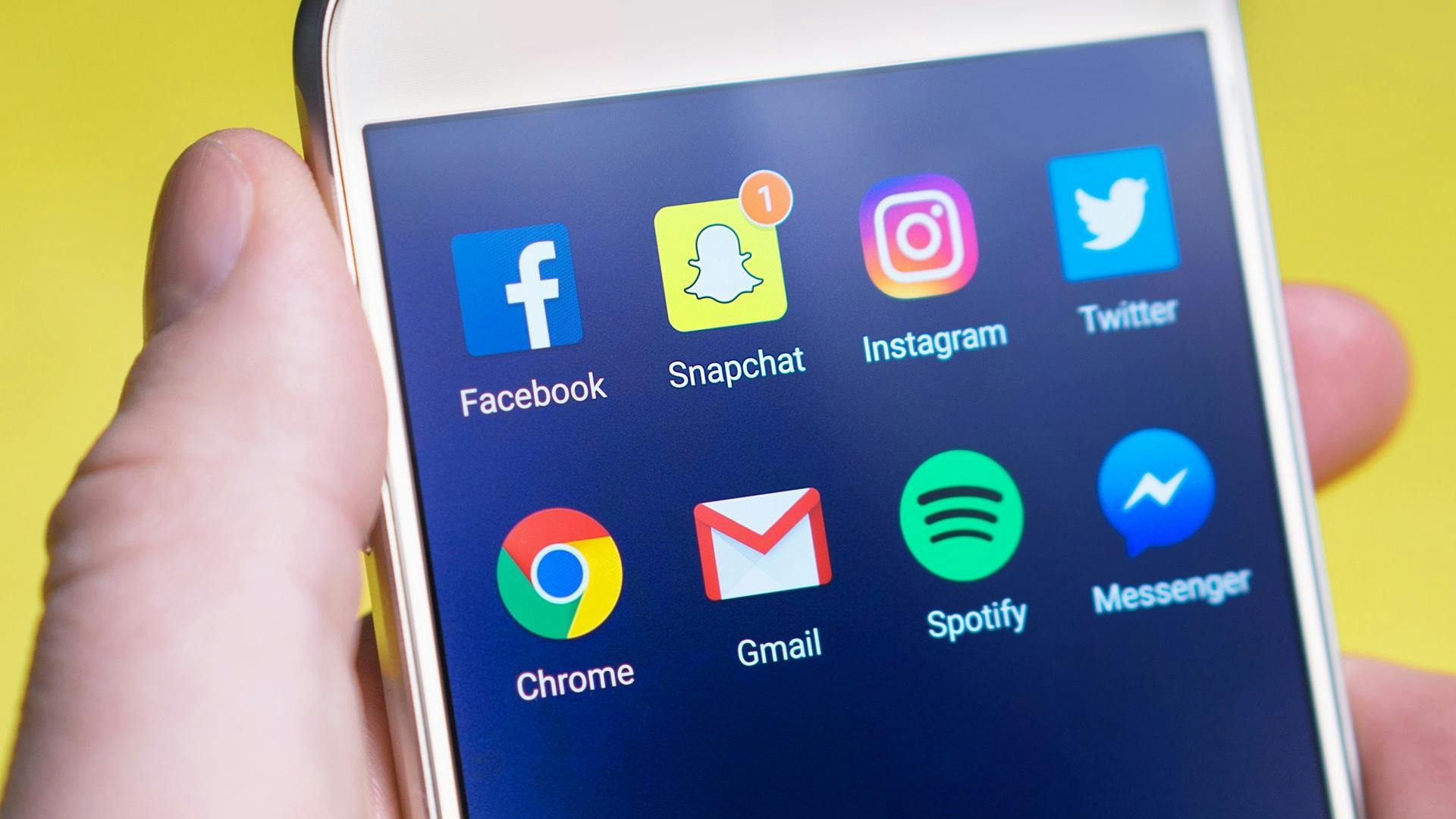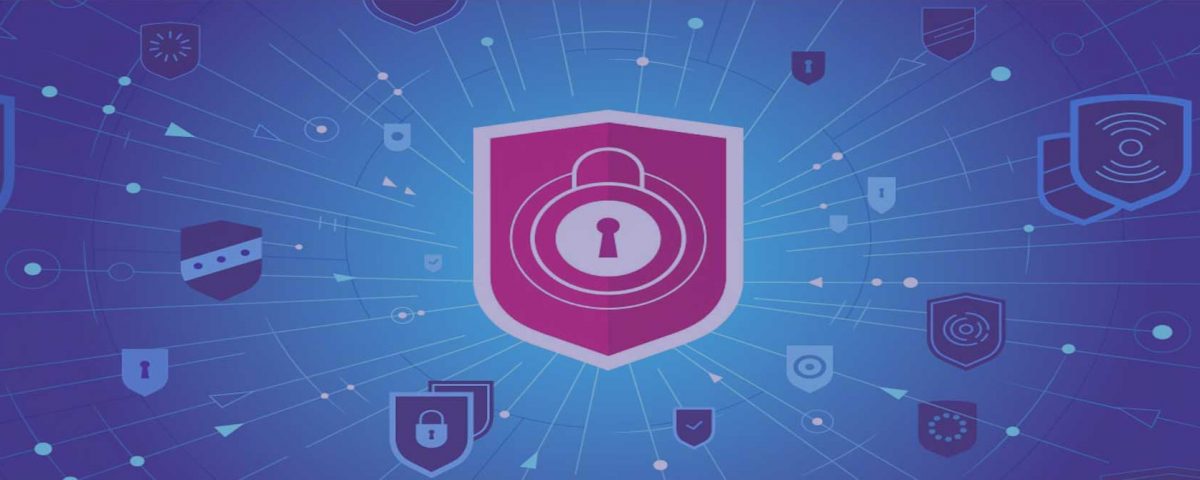The modern home is more connected than ever before. Smartphones, laptops, tablets, gaming consoles, and even smart TVs or refrigerators all share the same network. While this makes life convenient, it also opens multiple doors for cyber threats. Every device is a potential entry point for hackers, data trackers, or intrusive advertisers. The best way to keep the whole household protected is by using a VPN (Virtual Private Network).
The Hidden Risk of a Connected Home
A decade ago, most families only had one or two computers online. Today, the average household can have a dozen or more devices connected simultaneously. Smart assistants, baby monitors, cameras, doorbells, and thermostats—all part of the “Internet of Things” (IoT)—communicate constantly with servers across the globe.
Unfortunately, many of these devices have weak security settings or outdated firmware, making them easy targets. A single unprotected gadget can expose your entire network. Cybercriminals can access stored data, watch activity patterns, or even hijack devices for malicious purposes.
Why a VPN Is the Family’s First Line of Defense
A VPN encrypts all internet traffic, protecting your personal data from prying eyes. Instead of sending unprotected signals that anyone could intercept, a VPN wraps every bit of information in secure encryption. It also hides your IP address, meaning your family’s online activities stay private and untraceable.
When used at the router level, a VPN can cover every device in your home automatically. That means your kids’ tablets, your spouse’s laptop, your smart TV, and your gaming console all get the same protection—without needing separate installations.
Protecting Children Online
Kids today spend more time online than ever, often unaware of the risks. From in-app trackers to phishing attempts on social media, children’s data is constantly at risk. A VPN helps parents safeguard their kids’ privacy by preventing websites, apps, and advertisers from collecting personal information.
It also helps reduce exposure to inappropriate or location-restricted content. By connecting to specific regions, parents can filter and control the kind of material children can access.
Preventing Identity Theft and Data Leaks
Identity theft isn’t just an adult problem. Every connected device stores information that can be misused—names, photos, school details, addresses, and sometimes even payment data. With a VPN encrypting all connections, hackers can’t intercept or steal that information, even if they gain access to your network.
VPNs also protect you when family members use public Wi-Fi outside the home—whether at a café, airport, or school. As long as the VPN is active, their data remains secure no matter what network they connect to.
Privacy from Smart Devices and Advertisers
Smart devices often collect more data than you realize. TVs track what you watch, voice assistants record snippets of conversation, and apps constantly send usage data to analytics companies. A VPN limits what information these services can collect by masking your household IP address.
With your location hidden, advertisers can’t create targeted profiles for your family. This means fewer creepy ads following you around the web and more peace of mind knowing that your household isn’t being constantly monitored.
Gaming Without Risks
Gamers face specific online threats such as DDoS attacks or server slowdowns. A VPN provides anonymity and protection by routing gaming traffic through secure servers. It can also help bypass unfair region locks or early release restrictions, letting you play freely without revealing your identity or location.
For parents, this also means an extra safeguard against strangers tracking or harassing young players in online communities.
Easy to Set Up and Use
Modern VPN services are extremely user-friendly. Once installed on your router, they work silently in the background. You can also install individual apps on laptops, phones, and tablets if you prefer more control. Most services offer features like automatic reconnection, kill switches, and customizable regions—making protection effortless.
Why Every Home Needs a VPN
You wouldn’t leave your front door unlocked, so why leave your digital doors open? Cyber threats don’t discriminate—they target whoever is easiest to reach. A VPN ensures that your home network is locked down tight. It’s a simple step that offers powerful security for your entire family.
Final Thoughts
Every connected home deserves privacy and safety. With a VPN, you’re not just protecting your devices—you’re protecting your loved ones. Whether it’s your child’s first tablet, your spouse’s work laptop, or your own smart home setup, a VPN provides the invisible security blanket that keeps your family’s online world private, safe, and free from unwanted intrusion.









